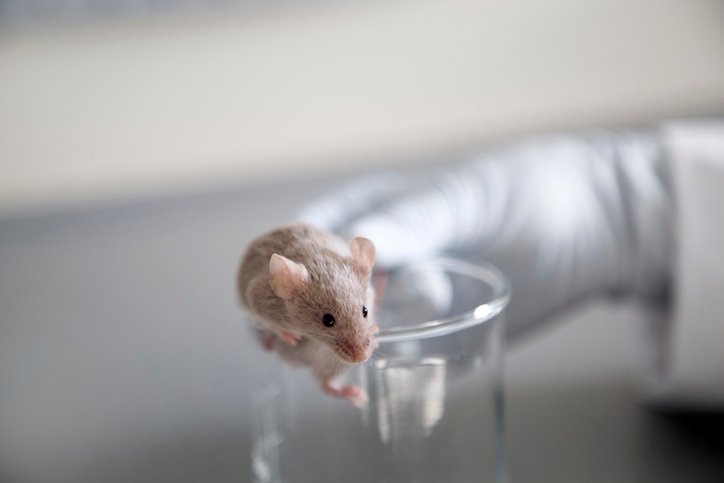We often think of memory as stable—a mental archive that stores experiences in neat, retrievable files. But what if those files quietly shift positions, even when the original experience hasn’t changed? A new study titled “Hippocampal representations drift in stable multisensory environments,” published in Nature, suggests that spatial memory is more dynamic than previously thought. Researchers at Northwestern University found that hippocampal neurons—specifically, CA1 place cells—update their activity patterns day by day, even when an animal is exposed to the exact same environment.
“Our study confirms that spatial memories in the brain aren’t stable and fixed,” said senior author Daniel Dombeck, PhD, professor of neurobiology at Northwestern University. “You can’t point to one group of neurons in the brain and say: ‘That memory is stored right there.’ Instead, we’re finding that memories are passed among neurons. The exact same experience will involve different neurons every time.”
To test whether this “representational drift” was intrinsic or shaped by subtle changes in behavior or sensory input, the researchers developed a tightly controlled experimental setup. Mice were head-fixed on a cylindrical treadmill and ran through a multisensory virtual reality (VR) track with visual cues held constant across sessions. They also received a steady airstream of α-pinene through a nose cone to eliminate olfactory variability—an important control, given mice’s high sensitivity to scent. White noise was used to mask ambient sound.
Using two-photon imaging, the team tracked the activity of around 1,678 CA1 pyramidal cells across five consecutive days. The environment and behavior were highly reproducible: mice ran at consistent speeds and exhibited strong anticipatory licking before reaching a virtual reward site. Even so, the spatial tuning of individual place cells shifted over time. Only 41.9% of cells that fired in a particular location on day one did so again by day five.
To explore what might be driving this drift, the researchers analyzed intrinsic properties of the neurons themselves. They found that more excitable neurons were significantly more likely to maintain stable spatial representations across days.
These findings challenge the idea that hippocampal spatial codes are fixed over time, even under stable external conditions. Instead, the results suggest that memory representations may be inherently fluid, perhaps enabling the brain to distinguish between repeated experiences or encode time as part of memory itself.
The study also raises new questions about how age-related changes in neuronal excitability might contribute to memory decline. “Some neurons do seem to be better at holding onto the original memory than others,” Dombeck said. “Really excitable neurons seem to store memories the best. The ones that fire more weakly are the ones that end up changing. As excitability decreases with age, so too might the brain’s ability to retain consistent spatial maps—a hypothesis the team hopes to explore further.
“Even if you have the exact same experience, it has to be occurring at a different time,” Dombeck said. “If I hike the same path twice, and it’s identical both times, I probably still want to remember that I did the same hike twice.
“It’s possible that the brain forces us to take very similar experiences that occur at different times and remember them in slightly different ways,” said Dombeck. “That gives us access to memories of those individual experiences.”
Ultimately, the study suggests that memory isn’t static. Instead, like the paths we walk each day, it is dynamic, reshaped continually by the neurons tasked with remembering it.
The post Representational Drift of Hippocampal Neurons Alters Spatial Memory in Mice appeared first on GEN – Genetic Engineering and Biotechnology News.




